Does a garbage disposal affect the dishwasher?
This post may contain affiliate links which means I may receive a commission for purchases made through links.
Dishwashers are usually linked to garbage disposal through a ½” dishwasher connector. This allows wastewater and food items from the dishwasher to drain through a garbage disposal.
But does this mutual connection mean one appliance will affect how the other works? Does a garbage disposal affect the dishwasher? For instance, if the garbage disposal breaks down, will it affect how your dishwasher works?
If those are some of the questions running through your mind, you’re in the right place. Just read on to learn more about connecting a garbage disposal to a dishwasher!
Should a dishwasher drain into a garbage disposal?
Most dishwashers are equipped with fittings and pipes that allow them to drain their wastewater into garbage disposals. That way, all the water used to wash the dishes and the food or dirt particles from the dirty utensils find their way into a garbage disposal where they’re broken into manageable sizes.
Dishwashers are not connected to the sewage system like other kitchen and bathroom drainage systems. Instead, they should be connected to a metal container with pipes to safely collect the food particles and wastewater from the dishwashers without causing a mess.
When the food particles from the dirty dishes enter a garbage disposal, they’re chopped into small particles by fast-rotating blades, before allowing them to enter into the drain system. On top of that, garbage disposals prevent food waste particles from gushing back into the dishwasher.
Downside
On the downside, all the grease associated with cooking oils and fatty food waste from the dishwasher may stick to the pipes and sieving system of the garbage disposal. As a result, the disposal can fail to drain completely or experience slower drainage performance. Moreover, the dishwasher will have no other way of draining water and dirt. This causes the food particles and water to spill out of the appliance onto the kitchen floor.
Other than that, a dishwasher draining into a garbage disposal will prevent food particle buildup in the drain system. Plus, this will help to extend the lifespan of the dishwasher.
So, while you can connect your dishwasher directly to the drain system, it will eventually lead to blockage over time. For that, it’s good for the dishwasher to drain to a garbage disposal. However, you may also have to install an air gap into the dishwasher before you connect it to a garbage disposal. This will help to prevent the wastewater and food waste from the disposal from going back into the dishwasher system.
Benefits of connecting your dishwasher to a garbage disposal
-
Garbage disposal breaks down large food particles from the dishwasher
The first benefit you’ll get from connecting your dishwasher to a garbage disposal is that you will not have to deal with large food particles clogging up the drain system. Besides, most dishwashers on the market do have the technology to deal with bigger food particles. As a result, these particles will build up in the dishwasher, blocking the drain system over time.
However, a garbage disposal ensures that these food particles are broken down into smaller and more manageable pieces. That way, your dishwasher can keep working for longer and ensure optimal flow of food waste through the drain.
-
Lower installation costs
Some homeowners assume that they can just connect a new dishwasher and be done with it. However, that is not always the case! While you can put separate drains, one for the dishwasher and the other for a garbage disposal, this will end up costing you more. However, connecting the dishwasher to a garbage disposal will save on materials costs.
Even better, connecting a dishwasher to a garbage disposal is a relatively straightforward process, especially if your home has a single drain pipe coming out of the kitchen sink.
-
Save time & money
Lastly, connecting a dishwasher to a garbage disposal will save you a lot of money in the long run. This is because the disposal breaks down the food waste particles into smaller chunks that easily pass through the drain pipe, reducing the chances of blockage.
Does a garbage disposal affect the dishwasher?
Although a dishwasher works independently of your garbage disposal, some garbage disposal problems can affect how it works. For instance, if the garbage disposal is broken, the dishwasher will not drain properly. Similarly, if the garbage disposal is clogged, wastewater will back up into the dishwasher and sink if the dishwasher’s outlet is connected to a garbage disposal. However, there are some instances where a broken garbage disposal will not affect the working of a garbage disposal.
With that in mind, here are some scenarios to help you determine if and how a broken garbage disposal might affect how your dishwasher works;
-
Jammed garbage disposal
Garbage disposals become jammed when their blades are unable to rotate freely, usually due to foreign objects in the unit or rust. On the bright side, this problem will not necessarily prevent waste water from the dishwasher from draining. Therefore, a jammed garbage disposal will not affect how the dishwasher works.
-
Leaking garbage disposal
If a garbage disposal is leaking from the side, top, or bottom, it will not affect the working of a dishwasher in any way. Instead, this may help the dishwasher drain faster. However, it’s good to fix a leaking garbage disposal to prevent water from accumulating below the kitchen sink.
-
Clogged garbage disposal
A clogged garbage disposal does not drain water into the plumbing system, thus affecting how a dishwasher works. Even worse, the clog will cause water to back up into the dishwasher or kitchen sink. Therefore, you should not run a dishwasher if the garbage disposal is clogged.
To avoid this problem, modern dishwashers are equipped with a valve that prevents backflow. Also, installing a dishwasher air gap will prevent the wastewater from the garbage disposal from flowing back into the dishwasher.
-
The garbage disposal is not running
Various factors prevent your garbage disposal from running when you turn it on. For instance, if the unit has a burned motor, it will not run. Similarly, electrical issues with the garbage disposal circuit will prevent it from running when you turn it on. As a result, the garbage disposal will not drain water into the plumbing system, which will also prevent the dishwasher from draining.
Can you run a garbage disposal and dishwasher at the same time?
Yes, you can run the garbage disposal and dishwasher simultaneously, provided you have installed them properly. However, if you’re concerned about the safety of both appliances, you can also run them individually.
Typically, the first batch of water mixed with dishwashing detergent is sprayed onto the dishes and recirculated by the rotating spray to save water and electricity. The first circle of water is then drained when all the dirt has come off the dishes, followed by the main wash and rinsing.
Therefore, you can turn on the garbage disposal after the dishwasher has completed its job, instead of running both units simultaneously. However, if you’re washing a large load of utensils at a given time, you can run both units at the same time.
Conclusion
While some garbage disposal problems will affect a dishwasher, others will not affect it in any way. For instance, if the garbage disposal is leaking, jammed, or has broken parts, the dishwasher will continue working normally. However, if the garbage disposal is clogged or not working when you turn it on, the dishwasher will not drain into the drain pipes if the appliances are connected.
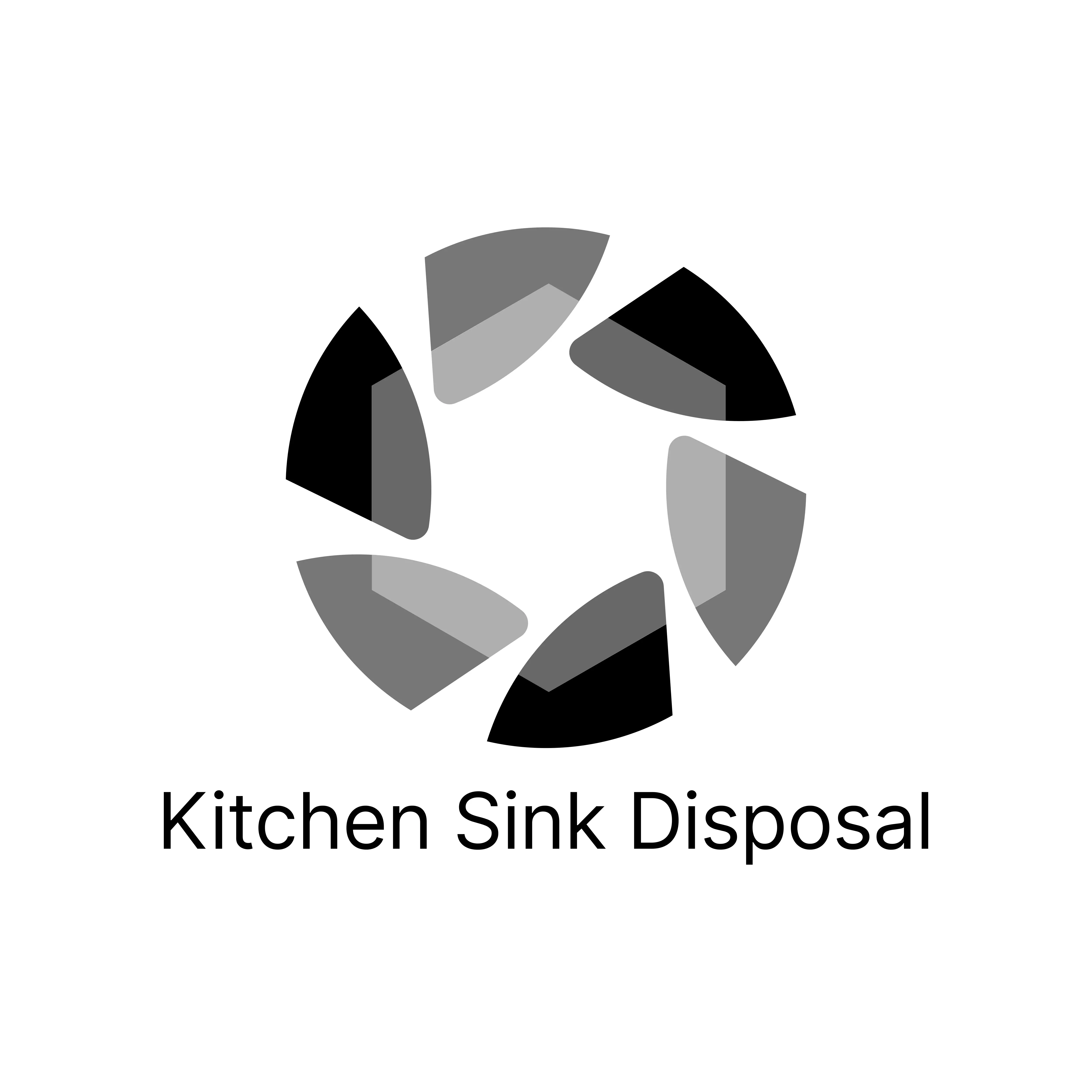
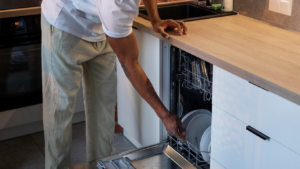
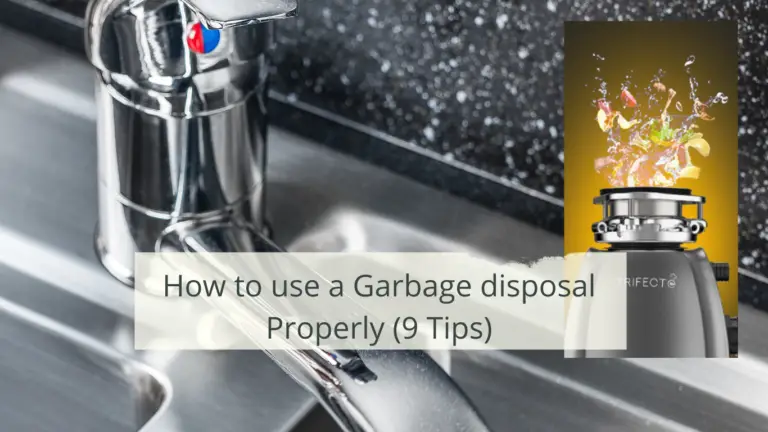
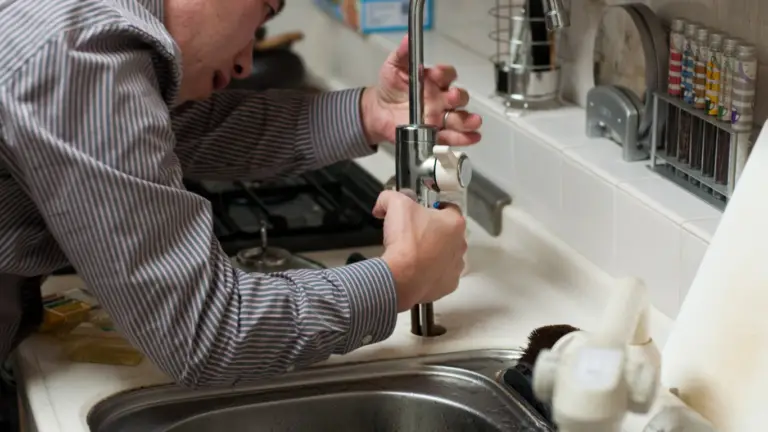
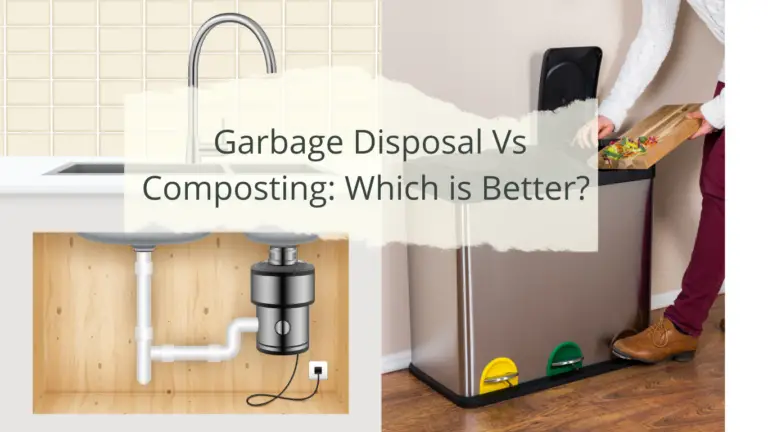
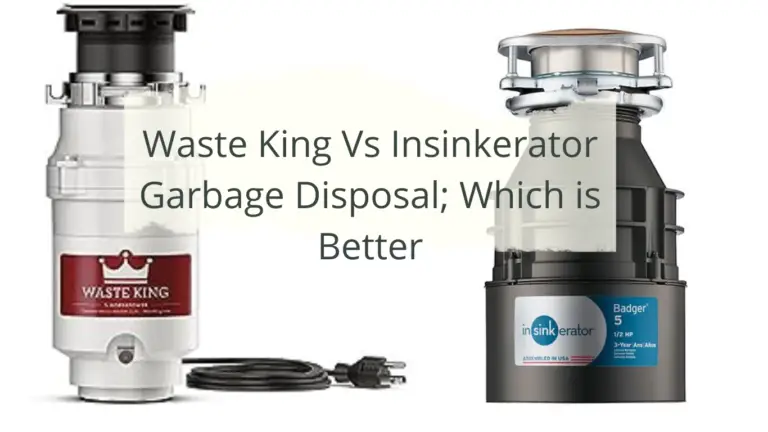
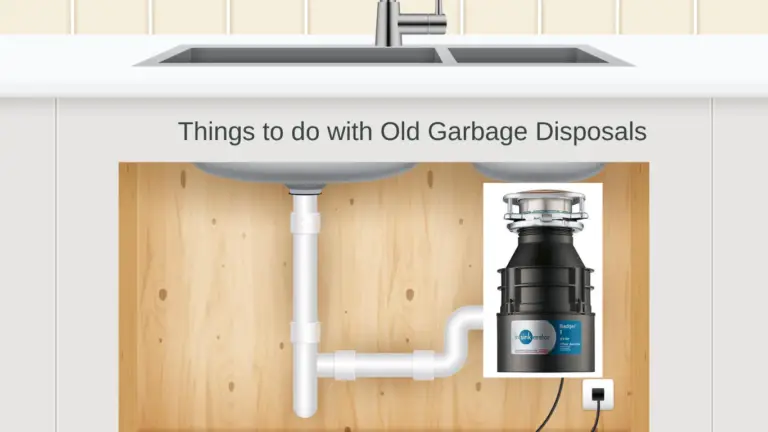
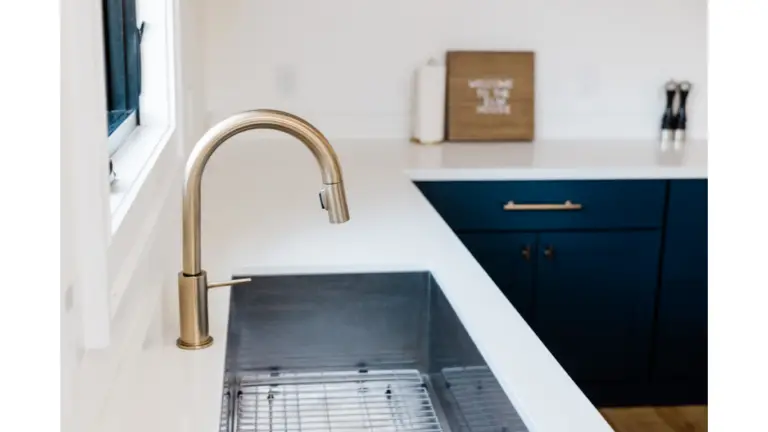
order generic lasix 40mg – generic piracetam 800 mg buy betamethasone cream